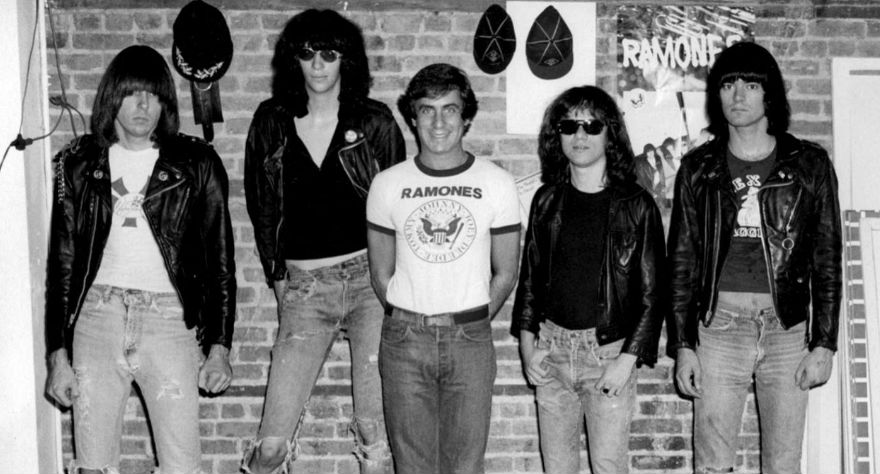
An unfocused doc about the secret history of one of music's behind-the-scenes icons.

An unfocused doc about the secret history of one of music's behind-the-scenes icons.
Danny Fields is a name you’ve probably never heard. But his influence, as exemplified by the rock-doc Danny Says, was wildly far-reaching during one of the most pivotal times in music and cultural history. Fields was instrumental in the stardom of some of the biggest bands in the ’60s and ’70s from The Stooges to the Ramones to The Doors, acting as a manager, a publicity director, and a writer and editor of such popular magazines as 16. Fields was everywhere, so much so that his biography might read more like a who’s-who list of the music world. His story (and the stories in his story) is unprecedented, as is that such a figure, well known in the music industry, could stay so faceless to the world at large. More so than anything else, it seems like director Brendan Toller was interested in giving Danny the credit he has long deserved.
The film starts with some rapid-fire interviews from music legends such as Iggy Pop and Alice Cooper, as all offer quick insights about who Fields was (these churn by so quickly they are easily forgotten). Then, after the title sequence we are taken back and formally introduced to Danny Fields. Fields himself then talks us through his early years and up through college and Harvard Law, where he eventually dropped out and moved to New York. Once there he spent several rogue years of his 20s discovering his sexuality and falling in line with the likes of Andy Warhol at The Factory.
From there Fields began working as a writer and editor, finding an in into the rock world through his pre-established channels and solidifying his ear for the next big thing. Next came his long tenure at Elektra Records, where he worked with The Doors and was instrumental in signing such artists as MC5 and The Stooges (Iggy Pop). After being fired from Elektra he became the manager for the Ramones.
The list goes on, and the name dropping comes fast and heavy throughout Danny Says, which may be its greatest fault. Ostensibly, this is a film about Danny Fields, and on the surface it is. In the early moments of the film there is even a bit of focus on Fields’ personal life, his homosexuality, and his intense drug use. But as the film shifts into Fields’ time in the music industry, almost all aspects of him as a person fall by the wayside, as the focus zooms between micro stories about Jim Morrison, Nico, Edie Sedgwick, MC5, and the insane Iggy Pop. But, while these stories are fascinating glimpses into the antics of the icons of the era, they seem to have very little to do with Fields other than the fact that he was there, trying his best to make records sell and prevent everyone from overdosing. And these stories never quite add up to any sort of overarching narrative. Things, for the most part, seem to unravel chronologically, moving ever forward through the ups and downs, with no real structure in sight.
Danny Says is by no means a bad film. Fields himself is hilarious throughout, as he recounts his roles in some of the biggest moments in music history (at one point he takes credit for The Beatles death threat-laden 1966 tour). But Toller can’t seem to decide what the film is about. Is it about Fields’ influence throughout two pivotal decades? Is it about the artists that Fields worked with? Or is it about the life of Danny Fields himself? At seemingly random junctions, talks move toward legacy, love, aging, and death. But the topics vanish as quickly as they appeared, and another story about Nico or The Modern Lovers begins.
Funded through Kickstarter in 2012 for $20,000, Danny Says is brimming with hilarious stories about the heyday of rock and roll, and does a great job of highlighting the importance of the guy in the back of every photo, the ghost behind the scenes, the credit-less guiding light of modern punk music.